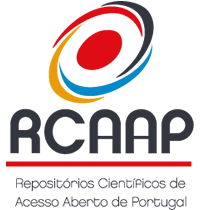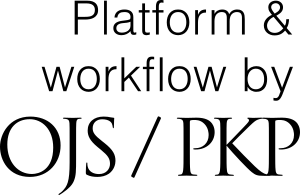Zein/HP-β-CD nano-in-microparticles as a platform to enhance cannabidiol oral delivery
DOI:
https://doi.org/10.48797/sl.2024.254Keywords:
PosterAbstract
Background: Nutraceuticals have been significantly advocated for preventive care, performance enhancement, and immune support. Recently, the scientific community has focused not only on the beneficial properties of nutraceuticals, but also on optimizing their delivery in the body [1]. Nanotechnology represents an effective strategy for manipulating and enhancing nutraceutical activity, tackling the technological limitations hindering their development and efficient oral delivery [2]. Cannabidiol (CBD) is an active compound that shows major anti-inflammatory effects; unfortunately, CBD application in the food and pharmaceutical sectors are limited due to low bioavailability, extensive first-pass metabolism, poor water solubility and sensitivity to oxidation [3]. Objective: Herein, we report the development of an oral delivery platform for CBD based on the combined use of zein, a natural prolamin extracted from the corn endosperm, with 2-hydroxypropyl-beta-cyclodextrin (HP-b-CD) and their processing through nano/microtechnologies. Methods: Once the experimental parameters were optimized, nanoparticles (NPs) were prepared through a liquid-liquid dispersion method and then transformed into a solid product (Nano-in-Micro-particles) through spray drying, a rapidly emerging technology able to improve the stability of the final product. All the systems were fully characterized through a large panel of techniques such as dynamic light scattering (DLS) and zeta potential (z) analysis, ultraviolet-visible (UV-Vis) spectroscopy, scanning electron microscopy (SEM), and analytical sieving. Results: HP-b-CD held a crucial role in the formulation process due to its ability to form host-guest inclusion complexes with zein and act as a stabilizing agent of NPs. In addition, NPs were able to encapsulate lipophilic model molecules excellently. Conclusions: Our final product consisted of good-quality powders that were easily handled and stable when stored. Overall, the zein/HP-b-CD platforms developed here can be considered a novel tool for the efficient delivery of lipophilic compound in the body.
References
1. Vozza, G.; Khalid, M.; Byrne, H. J.; Ryan, S.; Frias, J. 1-Nutrition-nutrient delivery. In Nutrient Delivery: Nanotechnology in the Agri-Food Industry (edited by A. M. Grumezescu) (2017), 5, 1-42.
2. Gupta, C.; Prakash, D. 27-Nanonutraceuticals for Drug Delivery. In Advances in Novel Formulations for Drug Delivery (edited by Raj K. Keservani, Rajesh Kumar Kesharwani and Anil K. Sharma) (2023), 521-540.
3. R., Yuan; Li, R.; Liu, S.; Meng, L.; Wu, Q.; Yuan, Q.; Liang, H.; Qin, M. Enhanced bioavailability and biosafety of cannabidiol nanomicelles for effective anti-inflammatory therapy. Particuology (2022), 69, 1-9.
Downloads
Published
How to Cite
Issue
Section
License
Copyright (c) 2024 Antonella Vitiello, Francesca Ungaro, Fabiana Quaglia, Agnese Miro

This work is licensed under a Creative Commons Attribution 4.0 International License.
In Scientific Letters, articles are published under a CC-BY license (Creative Commons Attribution 4.0 International License), the most open license available. The users can share (copy and redistribute the material in any medium or format) and adapt (remix, transform, and build upon the material for any purpose, even commercially), as long as they give appropriate credit, provide a link to the license, and indicate if changes were made (read the full text of the license terms and conditions of use).
The author is the owner of the copyright.









